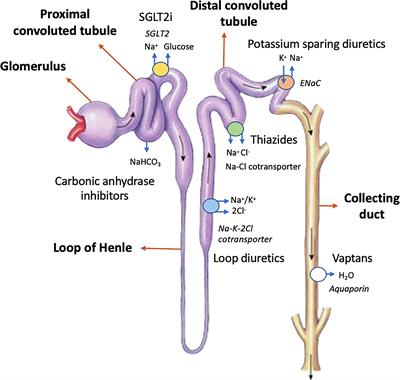Discover the Benefits and Risks of Diuretics: Expert Insights
Diuretics, also known as water pills, are medications that increase the amount of water and salt expelled from the body as urine. They are commonly prescribed to treat high blood pressure and other conditions such as congestive heart failure. There are three types of prescription diuretics: thiazide, loop, and potassium-sparing diuretics. Common side effects of diuretics include low potassium or too much potassium in the blood, low sodium levels, headache, dizziness, thirst, increased blood sugar, muscle cramps, increased cholesterol, skin rash, gout, and diarrhea. Rare but serious side effects can include allergic reactions, kidney failure, and irregular heartbeat. If you experience bothersome side effects, talk to your doctor who may prescribe a different medication or combination of medications. Do not stop taking your diuretic without consulting your doctor. Some medications that may interact with diuretics include cyclosporine, certain antidepressants like fluoxetine and venlafaxine, lithium, and digoxin. It is recommended to consult with a doctor for more information on diuretics and other treatment options.
Continue Reading